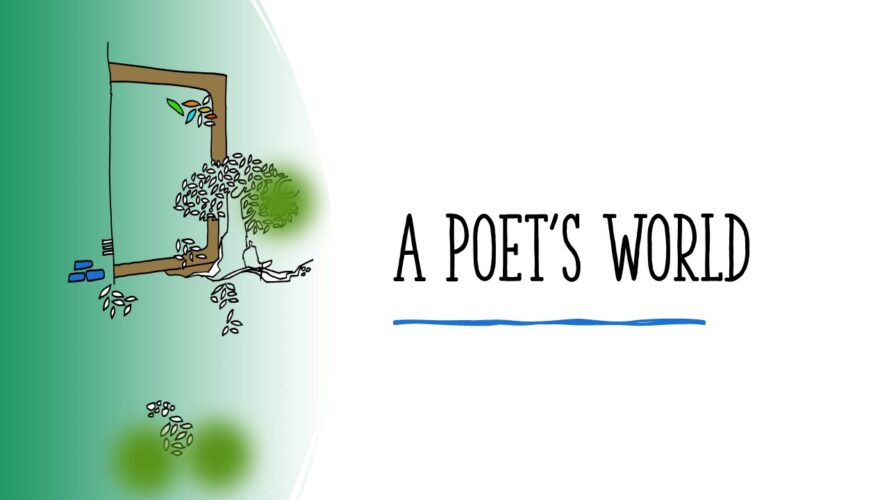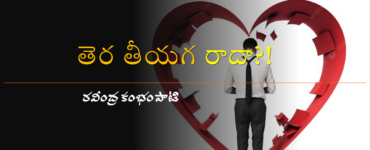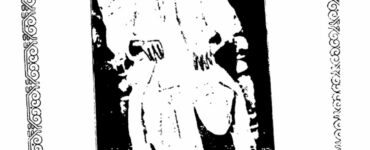My father, a poet, wrote many poems that moved and taught me during my early years. One of these is called “Western Man, Eastern Man.” I wrote a tribute poem, an extension of his poem, calling it “Reflections on Western Man by Eastern Man.” As you can see, the rules of plagiarism did not apply to the father/son relationship. I recall that my version had a lot to do with food and the ceremonies of eating. His poem was broader, political, and existential. But I was only fourteen and I wanted to kick start my campaign as a poet.
After that poem I enjoyed an abundant summer where I wrote a poem each day in my notebook. And each afternoon I would share the day’s offering with my father. He, then, began to share my poems with his poet friends, especially Reuel Denney who then commented on my four-beat blues.

Tell us about your journey till now, how has your writing style evolved over time?
A.K. Ramanujan called my first book The Elephants of Reckoning “a welcome addition to the poetry of migration.” I have been working in the field of migration ever since. I cross borders of all sorts: geographic, linguistic, cultural. I write poems in five languages. I love in those five and would welcome loving in all others. I don’t believe in borders. My writing style has evolved from free, fractured verse that uses the whole page as a canvass to a more ordered, visually pleasing almost formal verse, although the liberty to determine syllabics is the most vital poetic right for me. So, I may write a “free” sonnet: keeping the fourteen-line length, conserving the turn, but playing with the meter. I have always wanted to break any chains imposed on my poetic daimon.
Can you name a recurring image or metaphor in your work, and explain its significance?
The elephant: lives in families, takes care of its young and attends to its dead in cemeteries. For years the elephants of Ceylon asked me: why did I leave? Why am I roaring and stamping abroad? But I have moved on as well from the elephant.The bird, especially the migratory ones, seized my imagination. And the migratory ones return. And I return in mind and spirit, and sometimes in the flesh. One can go home again. And one can make every new home your home. I live indeed, as Carlos Monsivais once wrote, “as a perpetual resident of multiple cities at the same time.”
What’s your writing routine, ritual or process?
I like to wake up in the morning, in the afternoon after a nap, or late at night…and write. There are days when I write in all my languages. There are days when I write in one and translate myself into the others. I write a weekly poem/column in French and Spanish for media in Haiti and the Dominican Republic. So I associate writing with discipline and deadlines. And urgency. When a people are being obliterated, I want to call the murderers out. When a language is being pummeled, I want to champion the poets of that language.
How do you see yourself in the intersection of the world we live in and the poems you write in your solitude? Do you think poetry has the power to influence social change?
Poetry does make something happen. It releases endorphins for the poet and reader. It walks the mind. It gets rid of excess fat, unprocessed thought. Writing helps us economize. Writing and walking lead to thinking which leads to clarity and peace. Writing makes peace with demons, past, present and future.
*









Add comment